Capital Gains tax on selling your property in 2020.
Capital Gains tax on selling your property in 2020

When you are selling real estate which has been held by you as an investment, the tax implications might be different based on the period for which you have held the property. The tax rules also depend on whether the property is a home or any other category of real estate. If it is a home sale, then it is considered as a particular type of capital gains which has its own set of taxation rules.
If you are selling property that you have held for less than a year, then it is known as Short-term capital gains. You would have to pay taxes for the Short-term capital gains at the same rate as that of the Income taxes. However, the rates are based upon the income bracket under which you fall.
When you are selling property which you have held for more than a year, then the profits obtained is known as long-term capital gains. The rates at which the long-term capital gains are taxed are your taxable income, your filing status which can be single, married, and filing taxes separately and married and filing jointly/head of the household.
Let us have a look at the tax rates for the long-term capital gains of the year 2020.
a.Individual rate or when you are filing as a single
|
Income |
Long-Term Capital Gain Rate |
|
$0 to $40,000 |
0% |
|
$40,000 to $441,450 |
15% |
|
$441, 451 or above |
20% |
b. Married and filing taxes jointly
|
Income |
Long-Term Capital Gain Rate |
|
$0 to $78,750 |
0% |
|
$78,751 to $488,850 |
15% |
|
$488,851 or above |
20% |
c. Married and filing taxes separately
|
Income |
Long-Term Capital Gain Rate |
|
$0 to $39,375 |
0% |
|
$39,376 to $244,425 |
15% |
|
$244,426 or above |
20% |
d. Head of the Household
|
Income |
Long-Term Capital |
|
$0 to $52,750 |
0% |
|
$52,751 to $461,700 |
15% |
|
$461,701 or above |
20% |
Example to illustrate capital gains tax implications on Real estate

In case you are married and filing taxes jointly along with your wife. You and your wife have a taxable income of $200,000 for the year 2020. By this, you would be included in the tax bracket of 15% for the year 2020.
Then you had purchased land in California less than a year ago. However, you had some emergency and needed cash. You had estimated a profit of $10,000 when you had purchased the land. If you sell it now immediately it would be a short-term capital gain and you would have to pay tax $2400 for it. But, if you waited for some more time and sell it then it can be considered as a long-term gain and would be taxed at 15%. So, you would have to pay $900 less or $1500 for the land. Thus, you would have an $8500 gain on the investment.
How much tax can you exclude?
- If you are selling the house in which you are staying current, then your capital gain would not be taxed up to $250,000 if you are filing your tax returns as a Single.
- This exemption is based on the IRS Section 121 Exclusion.
- If you are married and are filing your tax returns jointly, then you can avail of the benefit of a tax exemption of up to $500,000.
- You would qualify for this exemption only if you are the owner of the home and have used it as your primary residence for a minimum period of 2 years out of the five years before the sale date.
- There can be some factors which might not let you avail this normal exclusion such as
- If you are liable to pay expatriate tax
- If the home or the real estate which has been sold by you was not your main residence
- If you have not lived there for 2 years out of the 5 years before the sale
- If you have not owned the house even for 2 years out of the 5 years before the sale of the house.
- If you are married and are filing your taxes jointly, then only one out of both of you must satisfy the owning criteria to avail of this tax exclusion.
- You can still claim the tax exclusions even if any of the criteria are not satisfied if the house was sold or exchanged due to some changes in your employment place, health issues, or any unexpected circumstances.
How to file your Capital Gains Tax?
In 2019, the IRS had said to report your capital gains and losses on Schedule D and report the amount on your Form 1040. However, now if you are receiving Form 1099-S, Proceeds from Real Estate Transactions, you should report about the sale of the home even though the gain obtained from the sale is excluded under the IRS Section 121 Exclusion.
Conclusion
So, these are the important tax implications on any capital gains you have obtained by selling property. You should also keep in mind that if your investments are being sold they might be subject to an additional 3.8% income tax.

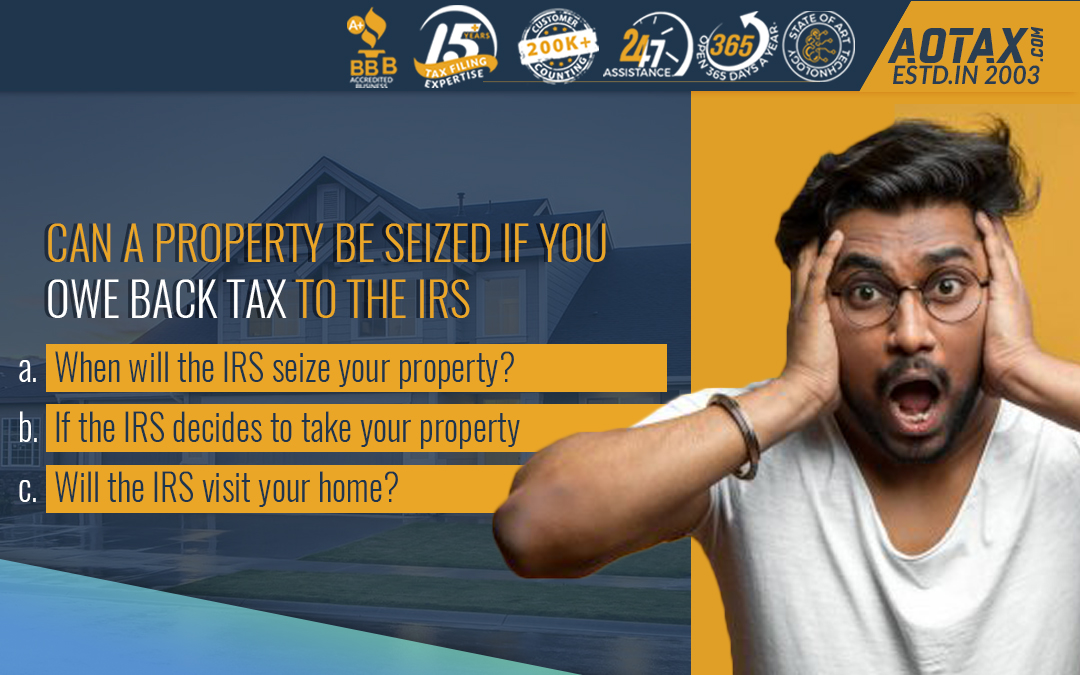
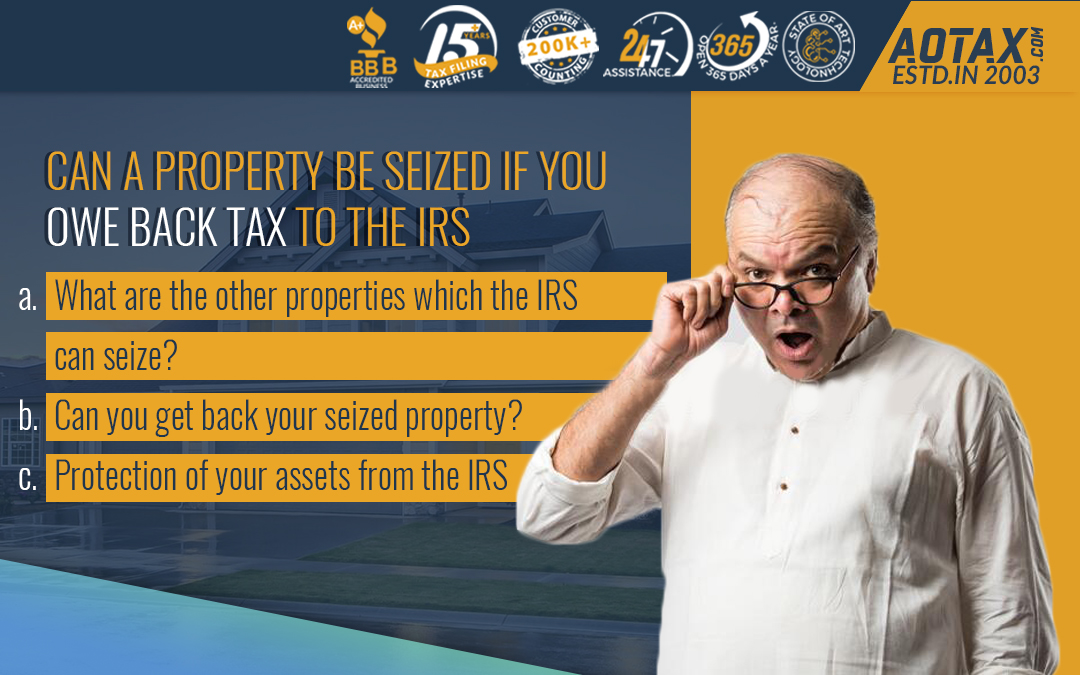


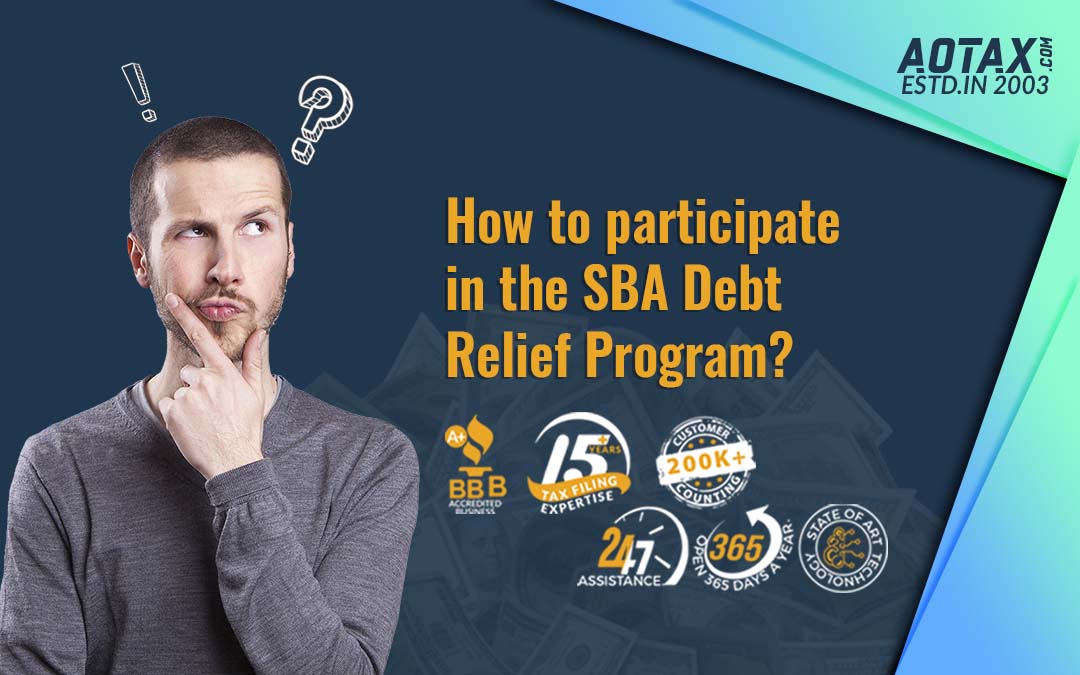

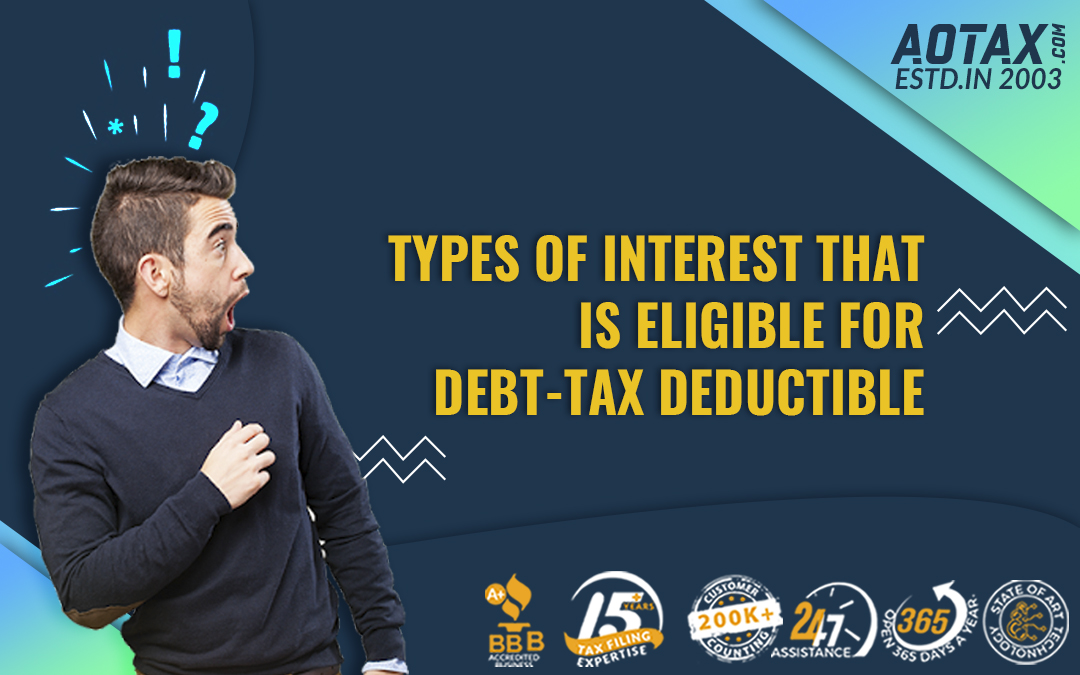
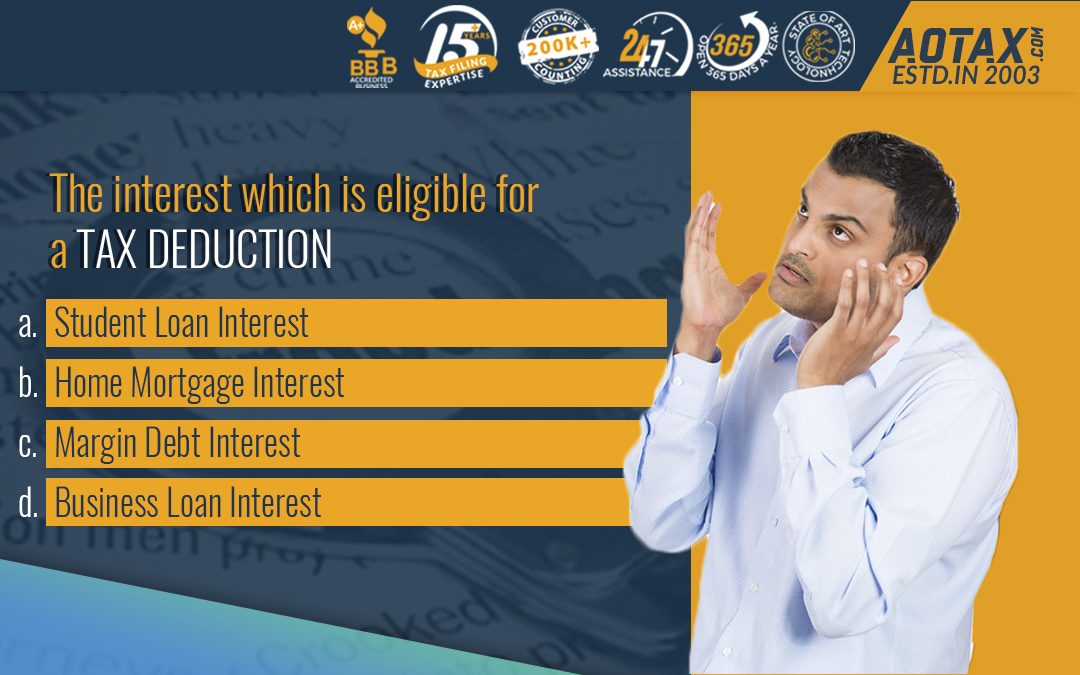

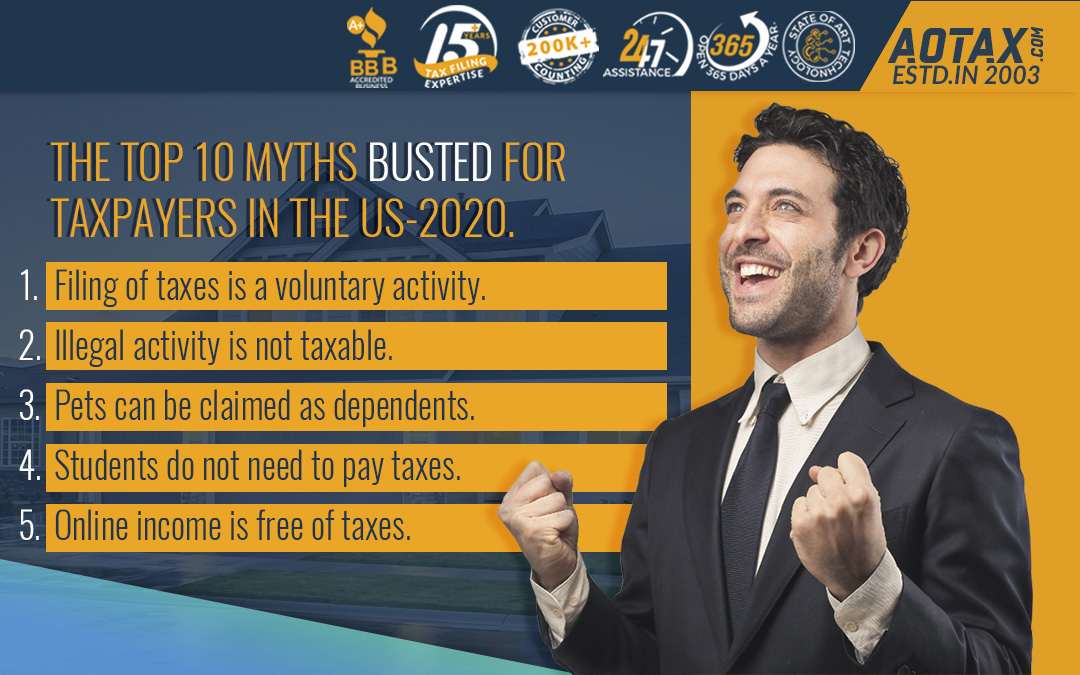
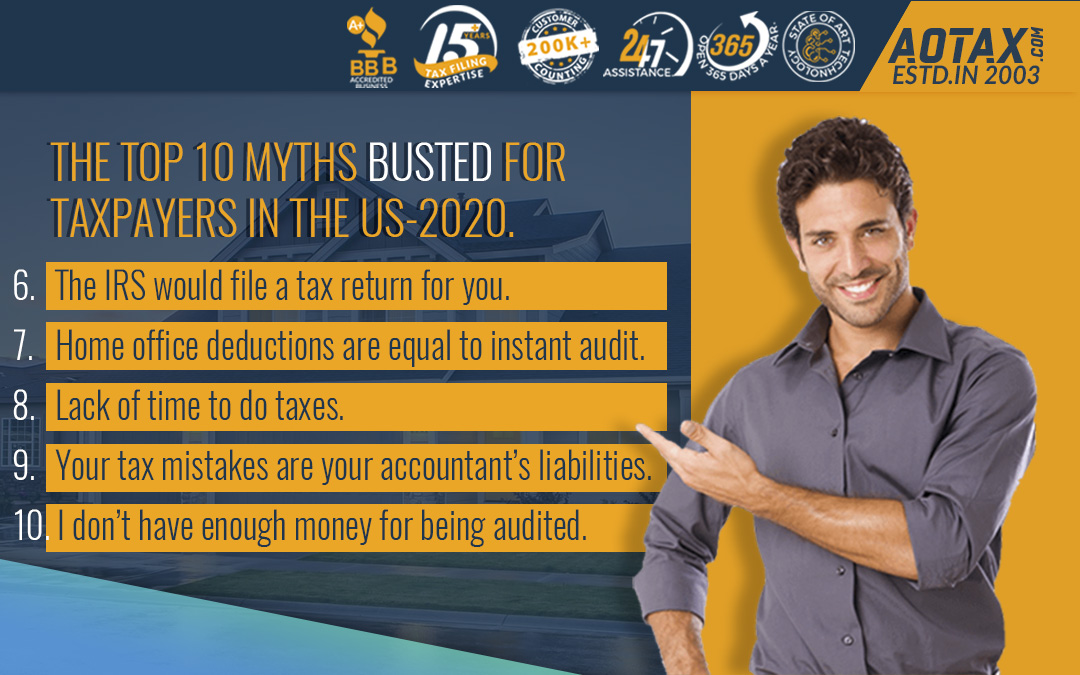

Recent Comments